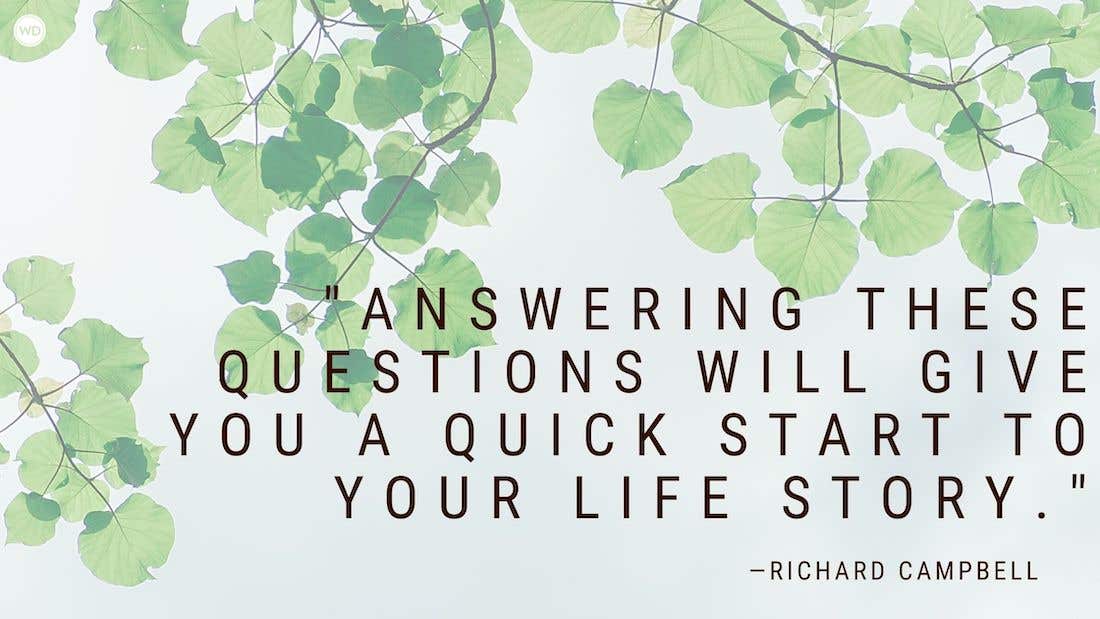Want to write like J.D. Salinger? (Plus, weekend blizzard prompt)
One final J.D. Salinger post, and then I’ll leave him the way he liked it best: Alone. After hearing back from a few people wondering about the Write Like the…
One final J.D. Salinger post, and then I’ll leave him the way he liked it best: Alone.
After hearing back from a few people wondering about the Write Like the Masters tips I mentioned in my post about what made Salinger’s writing so great, I dug around and whipped up an excerpt about perhaps the most powerful aspect of The Catcher in the Rye: Holden Caulfield’s voice. (A voice so good that while Salinger may have only published one novel, it still sells hundreds of thousands of copies a year.)
And also, for one of the best articles about Salinger in the last week, check out “Dear Jerry, You Old Bastard: My Adventures Answering J.D. Salinger’s Mail” on Slate.
For our swag drawing, I’ll put all the comment names in a hat and pull one today, and announce the victor of the free books Monday. Have an excellent weekend – here’s to writing through blizzards!
* * *
Voice Lessons from a Master Stylist
(From William Cane's Write Like the Masters)
Holden Caulfield is certainly like young people we all know: He has difficulty relating to his parents and he is alienated from all his friends and school associates. Not that young people don’t have friends; on the contrary, they have on average more friends than their parents and adults in general; but the fact is that young people often feel alienated from their world and from the older generation. They often move through adolescence feeling that no one understands them, even their best friends. This may be one reason why Holden appeals so strongly to young people. On analysis it’s clear that he has no deep relationships, and no personal connection with anyone other than his little sister, Phoebe. He is, as Christopher Booker has pointed out, a man who wanders from person to person without making any significant connection. For many young people, this is precisely what adolescence feels like.
Another characteristic that makes Holden Caulfield come alive for readers of all generations is his unique and facetious voice. In fiction and nonfiction, voice refers to the feeling and tone of writing, a certain flavor determined by word choice and phrasing that gives a text dimension and makes it distinctly and peculiarly human. The voice of a writer is usually easier to hear in first-person texts because third-person narratives so often mimic the “beige voice” of an objective reporter. With first person it’s usually easier to be intimate, unique, and quirky; indeed, open any page of The Catcher in the Rye and you’ll hear Holden’s voice loud and clear.
Salinger makes use of teen barbarisms and he employs numerous leitmotifs, that is, words or phrases that recur with a character and lend him personality. F. Scott Fitzgerald used the same technique in The Great Gatsby (1925) (one of Salinger’s favorite books) where an effective leitmotif was Gatsby’s habit of calling people “old sport”—a phrase that did more to characterize him as affected upper crust than it did to describe the people he addressed. Similarly, in The Catcher in the Rye we have the often repeated goddamn, madman, and phoney. Such words characterize Holden more than the people he describes. The use of leitmotifs is one way Salinger achieves a unique voice for his protagonist. The frequent use of italics, careful attention to diction (general word choice), and repetition all add to the sound of Holden’s voice. For example, “The terrible part, though, is that I meant it when I asked her. That’s the terrible part. I swear to God I’m a madman.” This passage from the end of chapter 17 illustrates the use of italics, careful word choice, and repetition, helping maintain the intimate and unique sound of Holden’s voice. No one used voice better than Salinger, and if you pay attention to the way he captures the voice of his main character in The Catcher in the Rye—as consistently and saliently as Twain does in Huckleberry Finn—you’ll surely be learning the technique from a master.
(For more about the book, which features sections on everyone from Dostoevsky to King, click here.)
* * *
WRITING PROMPT: The Wait is Over
Feel free to take the following prompt home or post your response (500 words or fewer, funny, sad or stirring) in the Comments section below. By posting, you’ll be automatically entered in our occasional around-the-office swag drawings. If you’re having trouble with the captcha code sticking, feel free to e-mail your story to me at writersdigest@fwmedia.com, with “Promptly” in the subject line, and I’ll make sure it gets up.
After a year’s wait, you finally strike—it's yours. But once you get home, you discover that it’s nothing—nothing—like you thought it’d be.
Zachary Petit is a freelance journalist and editor, and a lifelong literary and design nerd. He's also a former senior managing editor of Writer’s Digest magazine. Follow him on Twitter @ZacharyPetit.







